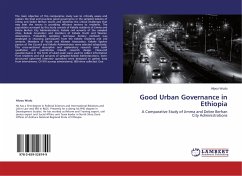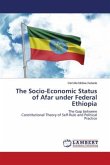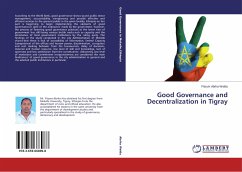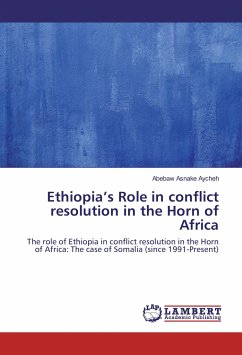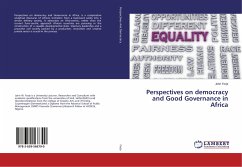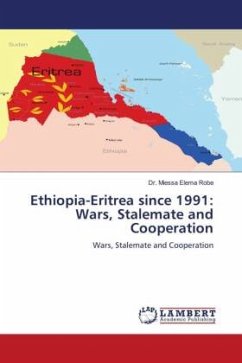The main objective of this comparative study was to critically assess and explain the level and practices good governance in the sampled kebeles of Jimma and Debre Berhan towns and identifies the critical challenges that may limit the towns in providing efficient services to residents. The population surveyed by this study consists of Kebele residents of Jimma and Debre Berhan City Administrations, Kebele civil servants of the sampled cities, Kebele Councilors and members of Kebele Youth and Women Associations. Probability sampling technique (lottery method) was employed in choosing participants from the Kebele residents and civil servants. Members of Youth and Women Association, Kebele Spokes person of the Council and Kebele Administrator were selected subjectively. This cross-sectional descriptive and explanatory research used both qualitative and quantitative (mixed) research design. Close-end questionnaires in the form of Likert-scale were used to collect information from residents and civil servants of sampled Kebele Administrations. Semi-structured open-end interview questions were designed to gather data from interviewees. Of 916 surveys administered, 800 were collected. Due
Bitte wählen Sie Ihr Anliegen aus.
Rechnungen
Retourenschein anfordern
Bestellstatus
Storno

